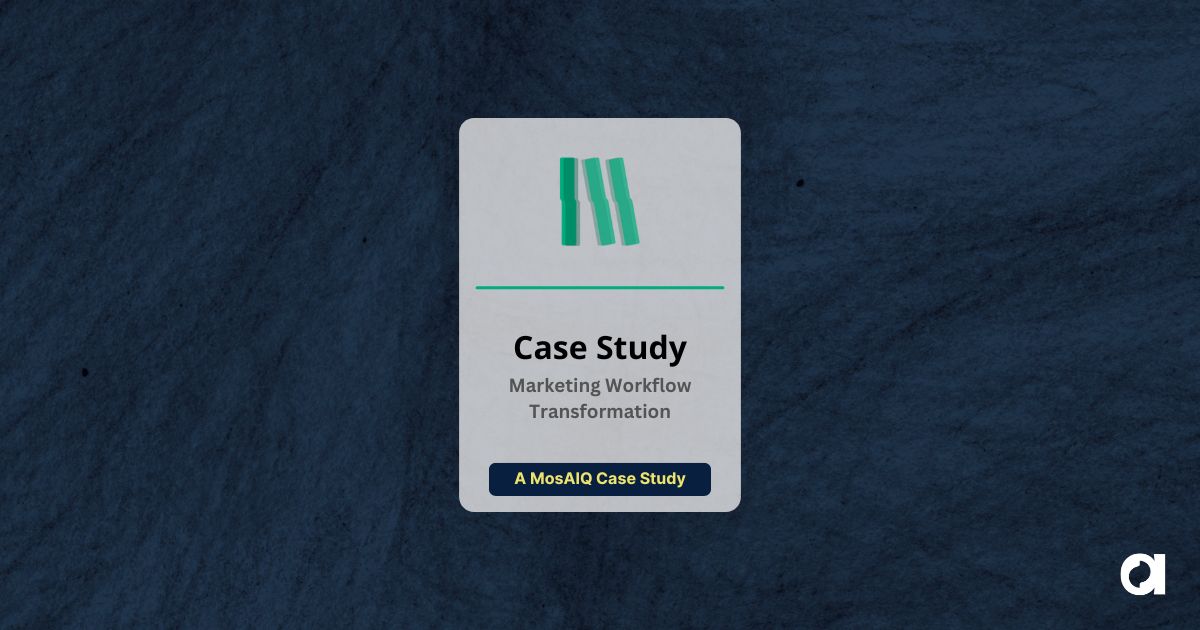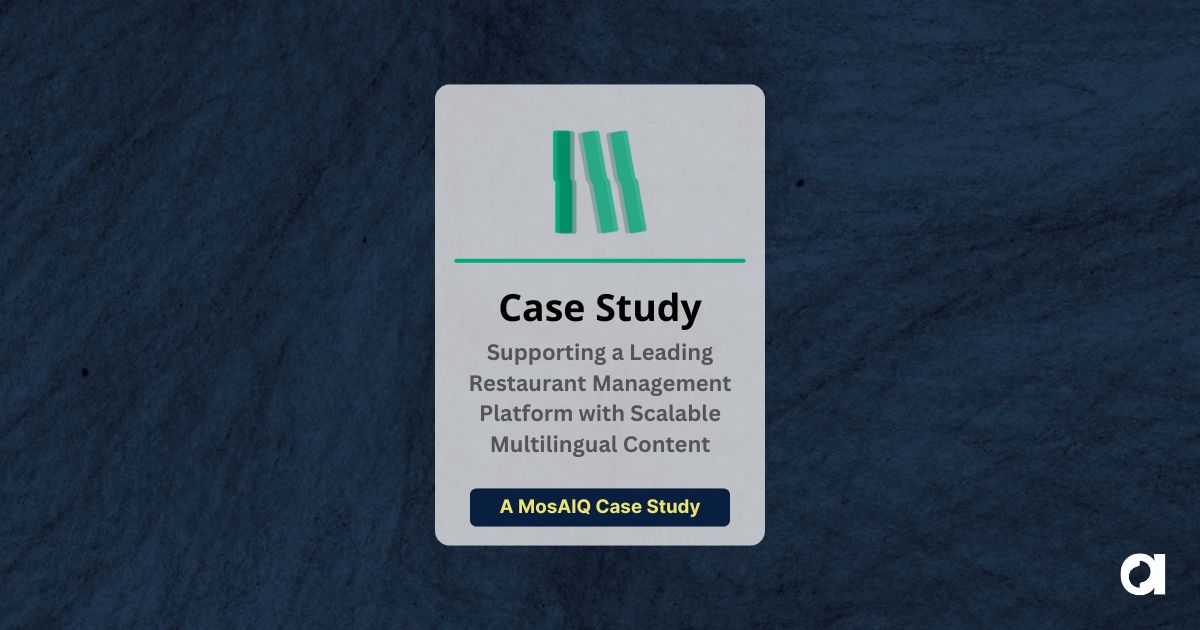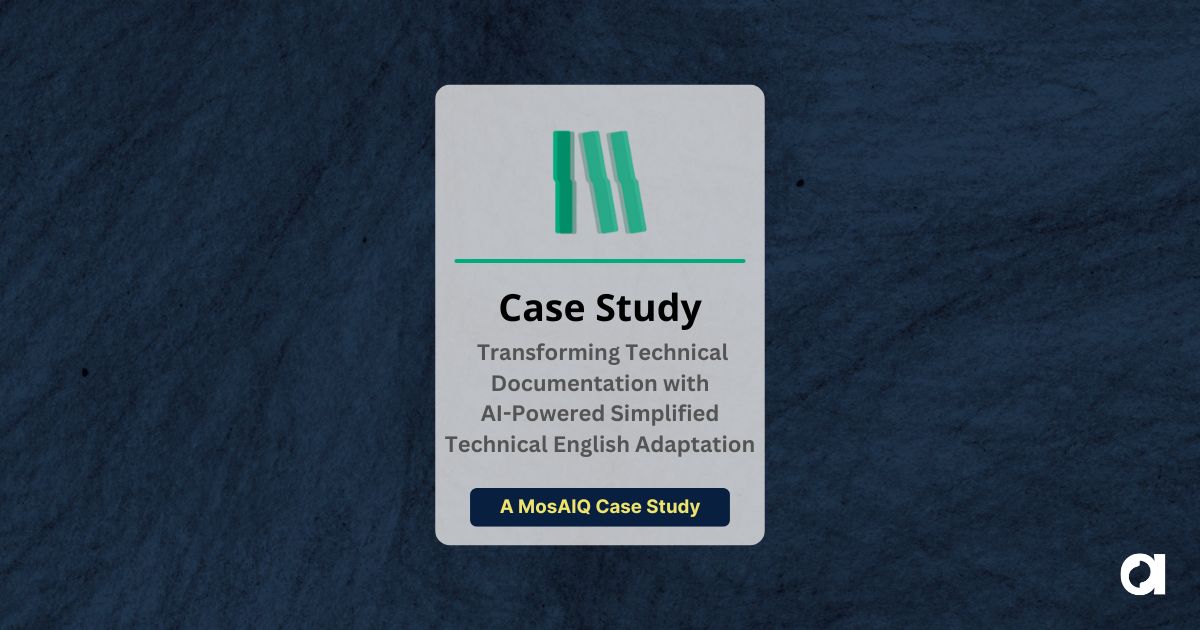Interview with Patricia Brenes about Terminology Management
 Patricia is the owner of the terminology blog “In My Own Terms” – Terminology for Beginners and Beyond. Born in Costa Rica, she moved to Washington, D.C. 18 years ago to work for an international organization and is currently working in the quality control unit of its translation department. She has a Master’s in Specialized Terminology from the University of Vic (Barcelona) and is a certified Terminology Manager (Termnet, Vienna). We are happy that we had the opportunity to talk to Patricia and have some interesting insights on Terminology Management:
Patricia is the owner of the terminology blog “In My Own Terms” – Terminology for Beginners and Beyond. Born in Costa Rica, she moved to Washington, D.C. 18 years ago to work for an international organization and is currently working in the quality control unit of its translation department. She has a Master’s in Specialized Terminology from the University of Vic (Barcelona) and is a certified Terminology Manager (Termnet, Vienna). We are happy that we had the opportunity to talk to Patricia and have some interesting insights on Terminology Management:
Your blog “inmyownterms” is a reference for fascinating articles, insights and resources relating to terminology practice and discipline. How did you catch the terminology bug?
Patricia Brenes: It started when I was writing my Master’s thesis and I had to do a lot of terminology research. I looked for training opportunities and I couldn’t find any, until I took a webinar where I learned about Termnet’s certification. I could not find books or sites that explained it in easy-to-understand words. That’s when I realized that I had to do something about it and explain it “in my own terms”. I had the idea of creating a blog to share the information as I learned it, and it came to life during TermNet’s certification, and I was lucky enough to have Gabriele Sauberer and Blanca Nájera approve it as my final project. Since then, the bug bit harder as I realized that there were people out there who, like me, wanted to learn about terminology, and the blog was a way to let them have access to the information that was not easily available to them.
Your love of language and terminology shines through your blog. Do you have a favourite word or term? Why?
PB: I would say there’s a funny term and concept coined by Mark D. Childress: “terminologiphobia”: the fear of students when dealing with terminology management for the first time. I think I like it because I can identify with the feeling. Before I learned about terminology I had this terminologiphobia myself, and my goal with the blog was to overcome it and help other people overcome it too.
Terminology Management in the localization business can involve lots of stakeholders on both the client and language service provider’s side. You even have a section for Project Managers on your blog. Which of the terminology ecosystem stakeholders need the most guidance in your opinion?
PB: Without a doubt, the major challenge is convincing management that terminology is an investment, as money is always an issue and terminology management could be expensive at the beginning, but in the long run it saves a lot of time and money. I would say the trick is presenting a good ROI and arguing about the benefits such as branding, reputation, and liability.
What –or who– are the biggest obstacles to effective terminology management?
PB: What: Lack of resources to make it big scale. It doesn’t take much to start a small TM effort, but it takes resources to make it work in the long term.
Who: Again, those in management who need to be convinced that terminology is a smart investment. It can be done, but you need to do your homework.
Why do you think some businesses don’t invest in terminology management?
PB: I would say that businesses are just unaware of the great benefits of terminology management and that lack of awareness is what keeps them from exploring it. If they knew that by using a good terminology management system, they would increase productivity, shorten delivery times, strengthen their corporate identity and protect their intellectual property, then it would be easier to convince them.
How do you convince businesses of the return on investment with terminology management?
PB: There are many ways, but, from experience, I can say that the key is to find one person in management that can be your terminology champion. Once you get someone “from the inside”, it will be easier to reach out to others (legal, marketing, etc.). Yes, terminology management might be expensive at the beginning because you have to set up systems and get people together, but it will be a lot more expensive if you dismiss it. Present it more as a risk or lost opportunity for the company if they don’t invest in terminology, or as I say: “Dismiss at your own peril!”. I wrote a blog post on the benefits of terminology that I know have helped other people. It’s a downloadable guide for language lovers. It covers ROI, challenges, cost savings, statistics, and a long list of benefits, as well as sources for further information.
What role do you think high quality LSPs can/should play in the terminology ecosystem?
PB: LSPs are the vehicles to promote terminology by providing services that take rigorous terminology management into account in their process. They should be on the forefront of the conversation, stay up-to-date, and be proactive in the terminology community, especially as new technologies emerge.
Do you have a secret/special tip for businesses who are starting out with terminology for the first time?
PB: I think the best tip was given by terminologist Uwe Muegge: “Start early and never stop.” Also, start small. Don’t aim to build a huge termbase in one month. Use a short list of terms, and make sure that each is duly validated and includes all the categories you need. Most organizations already have glossaries here and there, which you can also use to your benefit.
Most of the professional CAT tools have some level of terminology management capability, but what is clear from your blog is that there are a host of emerging and open source tools which terminology stakeholders can use, too. What functionality is missing from the most commonly used tools?
PB: I think it’s not an issue of what they are missing, because every tool is different depending on the amount of resources a developer has to create it and maintain it. I see it more as the influence that future technologies will have in these tools, and how they can be incorporated into our current systems, especially considering that terminology is still a major issue in many new technologies such as neural machine translation (NMT).
Which emerging tools are your hot tips for the future of terminology technology?
PB: I think that future terminology technology will lay in the hands of deep learning. I don’t foresee any breakthrough in terminology management tools in the near future, especially because, as I said, even the latest technology of neural networks hasn’t found a way to efficiently deal with terminology. Actually, it seems that the “older” technology such as Statistical Machine Translation, handles terminology better. But NMT is only a couple years old and I hope to see a lot of new products, commercial and free, coming out once they figure things out.
For now, I am excited to see what comes out of IATE2 this summer. They are using new technologies to make it better and hopefully we will see fewer duplicates, cleaner entries and easier navigation, etc. that will make of this free multilingual tool a favorite.
How do you see terminology management evolving in the future? What are the main trends in your opinion?
PB: There is always a risk when you try to envision a future technology, especially for a discipline as young as terminology, because you say something today and the next day an invention comes out that renders what you said the day before invalid. But, again, I would go back to neural networks as a main trend and how developers will come up with better ways to deal with terminology. Dealing with context has always been a challenge with these new technologies, so I am hoping that as technology advances we can see great strides taken in our field.
Argos Multilingual – our mission is to provide high-quality innovative language solutions to our customers while being the most respected business partner in the localization industry. We provide a full range of language solutions that cover all our clients’ needs. Contact us today to discuss your specific requirements for your next translation project!
Want to know more?
- Translation Management Solutions: Terminology Management
 Argos Multilingual
3 min. read
Argos Multilingual
3 min. read
As a Language Service Provider, we care a lot about languages. Thus, we would like to point out the danger of languages which are likely to become extinct soon. When it comes to languages, the world is a colorful patch field. Around the world there are about 6,000 languages spoken. Language plays a crucial role […]

 Argos Multilingual
4 min. read
Argos Multilingual
4 min. read
More and more businesses are turning to Machine Translation (MT) to complement their translation process. But how does it look like exactly and what are the benefits? What is Machine Translation? By definition, Machine Translation is a form of computational linguistics and language engineering which uses software to translate text or speech from one language […]











